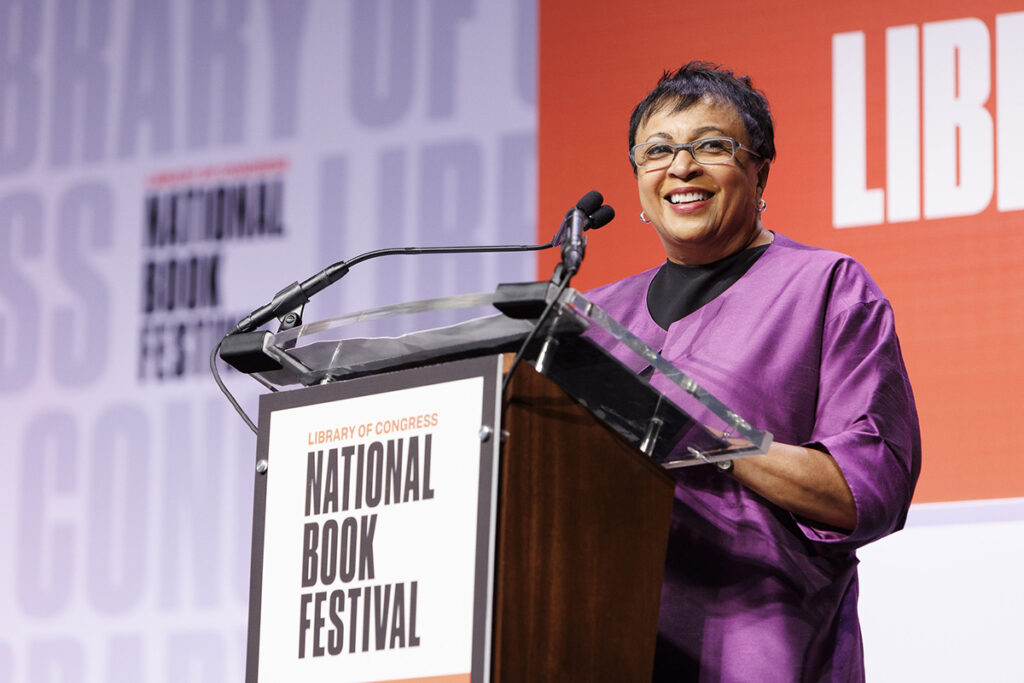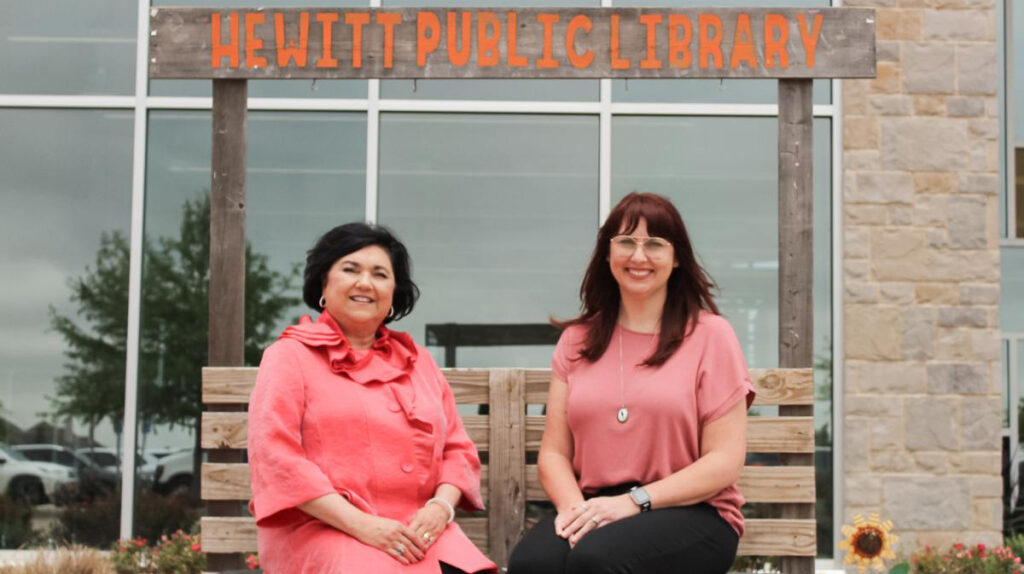Not satisfied with the library program at your child’s school? Write an op-ed.
What’s an op-ed piece?
It’s a brief article that informs readers about a problem or situation and, sometimes, encourages someone to take action. Op-eds are written by members of the public and usually printed opposite editorials written by the newspaper’s staff. Now that most newspapers—even small local ones—have websites, op-ed pieces are often published online.
How is an op-ed different from a letter to the editor?
You write a letter to the editor to comment on a news story or editorial that the paper recently published. You write an op-ed piece to draw readers’ attention to a situation you care about and ask someone to take action.
How do I start?
1) Contact your local paper or closest city newspaper. Does it run op-ed pieces? If so, how many words? Should you send text pasted in an e-mail? Attached to an e-mail? As a fax? Who can you call to follow up?
What’s next? Planning.
2) Get the facts about the situation in your school or district. Go to “Explore the Situation at your school” to find out how.
3) Decide what to emphasize. Most op-ed pieces are fairly short (fewer than 750 words), so you must be selective.
4) Make a list of key points to include.
You are ready to write.
5) For inspiration on how to arrange your ideas, you can look at the samples linked to the bottom of this page.
6) Here is an example of an op-ed that you can customize with your information. You can view tips for customizing on this version of the op-ed.
Send and publicize.
7) To send the op-ed to the paper, follow the instructions you got when you called. (What if they want a fax but you don’t have a fax machine? Go the public library, a copy shop, or an office-supply store. Most will send your fax for a small fee.)
8) Follow up with a phone call to the newspaper. Did they get the e-mail or fax? Can they tell you if and when to look for your op-ed piece in the paper or online?
9) When your op-ed is published, tell EVERYBODY! Your goal is to get people to read your op-ed and to influence decision-makers in your school district. Post a link on Facebook. Tweet. Phone your friends and parents of your kids’ friends. If the op-ed is published online, e-mail a link to your friends, the school librarian, the superintendent of schools, the school board—you get the idea!
10) If your op-ed piece is published online, be sure to look at the page every day or two. Some websites let readers comment. You might be able to answer a reader’s question or correct a misconception. (Here are answers to some frequently asked questions. Feel free to copy those answers!)
Sample op-ed pieces
A retired high school librarian comments on the school librarian’s role in encouraging students to find books they love and develop important research skills: “Not only do librarians match students with good books, they lead instruction in research skills (so important with today's Common Core curriculum), support teachers with books, materials, technology and so much more.” Read more...
An author of books for young adults points to research showing that strong school library programs led by a certified school librarian help ALL students do better in school, including students whose parents can’t afford to provide all the resources kids need to do well in school: “[Research] tells us that even after adjusting for factors such as parental education, father’s occupation, and social class, the impact of having books available in the home is as strong a predictor of school success as socioeconomic status.” Read more...
The director of a nonprofit organization dedicated to improving the quality of school libraries focuses on the situation in Los Angeles, where many of the students most in need of school libraries and school librarians have very little—or no—access to school libraries, and the ratio of students to school librarians is 6000 to 1! She, too, cites research about the link between school libraries and student achievement and says: “Many students tell me that a well-stocked library is the best thing about school.” Read more...
School libraries are more important than ever
According to a 2016 study by Stanford University, more than 80% of middle schoolers cannot tell the difference between sponsored content and a real news article.
School libraries help close the achievement gap
Students in high-poverty schools are almost twice as likely to graduate when the school library is staffed with a certified school librarian.
School libraries create lifelong learners
School libraries give students a unique opportunity for self-directed inquiry. Four out of five Americans agree that libraries help spark creativity among young people.
How to Help
Subscribe
Get the latest updates on [topic] in libraries right in your inbox when you subscribe to the I Love Libraries newsletter. Subscribe.
Fight Censorship
Libraries are experiencing a dramatic uptick in censorship challenges, and many of the attempts focus on LGBTQIA+ issues and books by Black authors or that document the Black experience or the experiences of other BIPOC individuals.
Celebrate Your Librarian!
Is your librarian a superhero? Nominate them for the I Love My Librarian Award and show the world how awesome they are! Submit your nomination.
Subscribe to the I Love Libraries newsletter for library news and advocacy updates.
Support I Love Libraries and our efforts to promote the value of libraries and librarians.




